Hurricane Laura Critically Damages Louisiana Drinking Water Facilities
Nearly a week after the Category 4 storm, dozens of water systems are not operating, and about 20 suffered significant damage. It may be weeks before they are repaired.
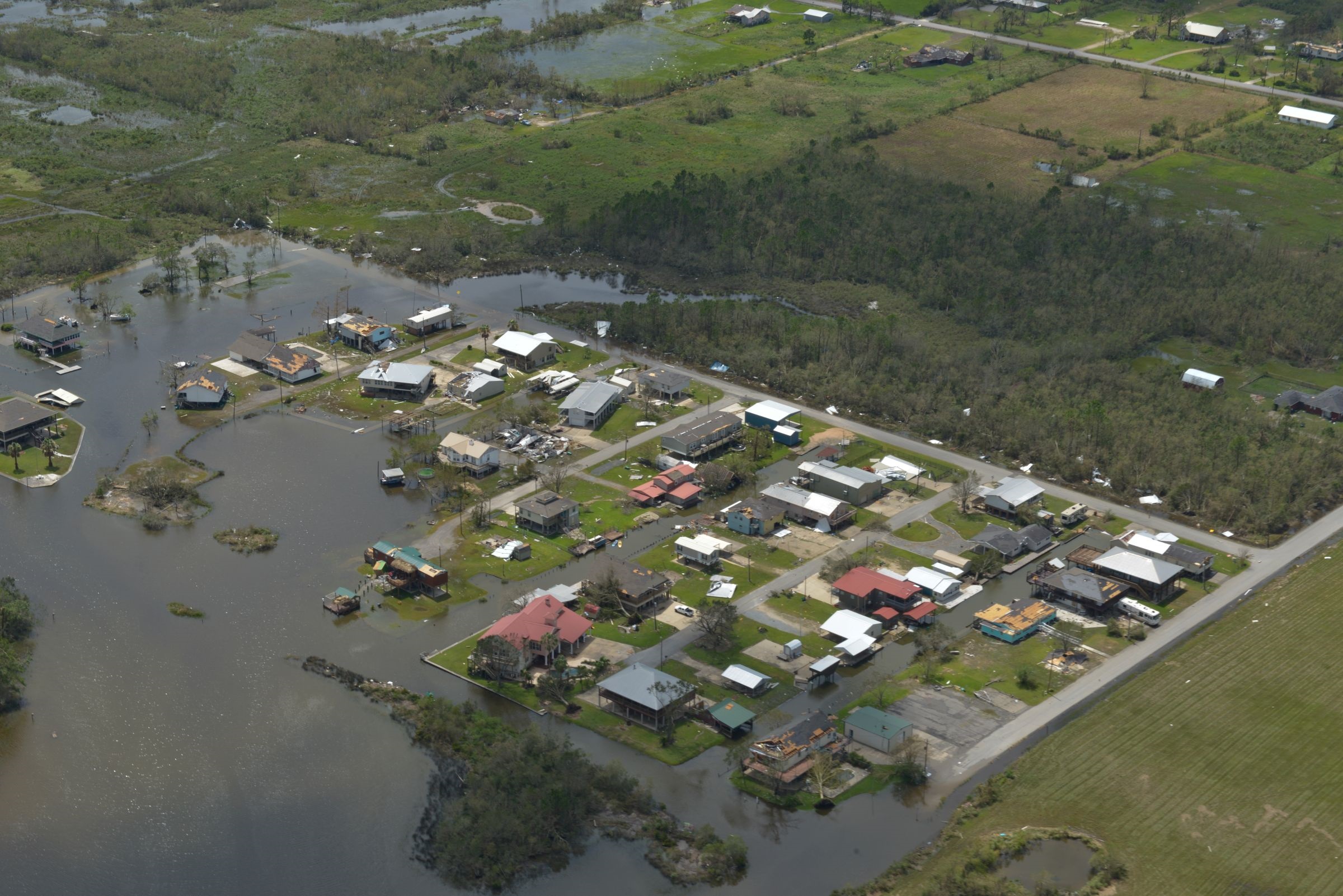
The U.S. Coast Guard conducted a post-storm aerial assessment over Lake Charles, Louisiana, after Hurricane Laura made landfall on August 27, 2020. Photo courtesy of U.S. Coast Guard/Petty Officer Third Class Sydney Phoenix
By Brett Walton, Circle of Blue
Officials with the Louisiana Department of Health said on Tuesday that over 70 drinking water systems in the state are still not operating, more than five days after being struck by Hurricane Laura.
The outages are affecting roughly 142,000 people. Twenty systems suffered critical damage that could take several weeks to repair.
“They’re going to need a lot of help and it will be some time before water is running again,” Mindy Faciane, a department spokesperson, told Circle of Blue. Many systems that do have running water are asking residents to boil it before drinking and cooking.
Hurricane Laura made landfall on August 27 on the Louisiana coast as a Category 4 storm with wind speeds touching 150 miles per hour. Severe damage to water systems was inevitable.
The powerful gusts uprooted trees, snapped water pipes, and toppled water towers across a swath of southwestern Louisiana, particularly around the parishes of Allen, Cameron, and Calcasieu.
“Trees fell down like dominoes,” Pat Credeur, executive director of the Louisiana Rural Water Association, told Circle of Blue.
That’s not all. Credeur said the high winds upended a full 100,000-gallon water tower that supplied the coastal town of Holly Beach. “It’s gone,” he said.
Lake Charles Memorial Hospital, after learning that restoring water service could take weeks, decided to evacuate its patients on August 28 to other hospitals in the state. Lake Charles Memorial is having about 90,000 gallons of water a day delivered to the campus so that it can offer emergency services.
The Louisiana Rural Water Association stepped in where it could, providing emergency generators to about 30 water systems. The generators are needed to keep treatment systems and pumps operating. Some systems did not have a backup power source, Credeur said. Others had generators that were broken or had not been maintained.
State and federal agencies are providing bottled water in areas where the water systems are inoperable, Faciane said.
Credeur echoed the multi-week timeline for repairs. When trees were uprooted, they snapped water pipes that will have to be cut out and replaced. Before that can happen, workers need to locate valves and shut off water.
Some water utilities do not even have offices to return to, Credeur said. His association was lucky. The building was spared and a backup generator provided power for five days until grid power was restored. The phone system is still down, though.
Brett writes about agriculture, energy, infrastructure, and the politics and economics of water in the United States. He also writes the Federal Water Tap, Circle of Blue’s weekly digest of U.S. government water news. He is the winner of two Society of Environmental Journalists reporting awards, one of the top honors in American environmental journalism: first place for explanatory reporting for a series on septic system pollution in the United States(2016) and third place for beat reporting in a small market (2014). He received the Sierra Club’s Distinguished Service Award in 2018. Brett lives in Seattle, where he hikes the mountains and bakes pies. Contact Brett Walton

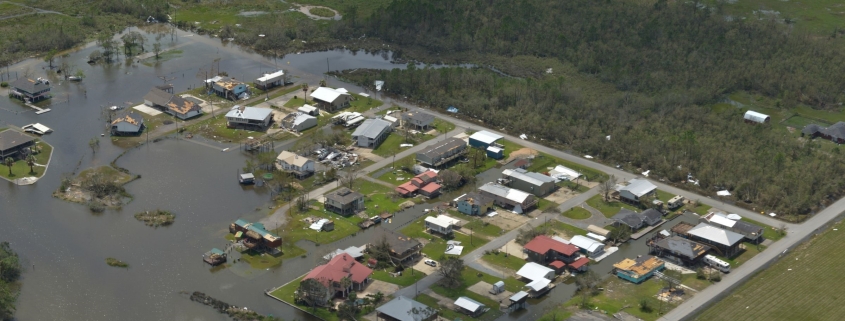

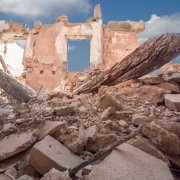


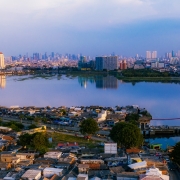
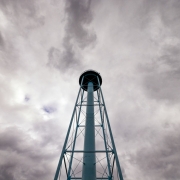
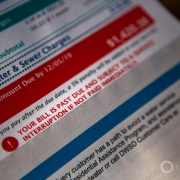


Leave a Reply
Want to join the discussion?Feel free to contribute!